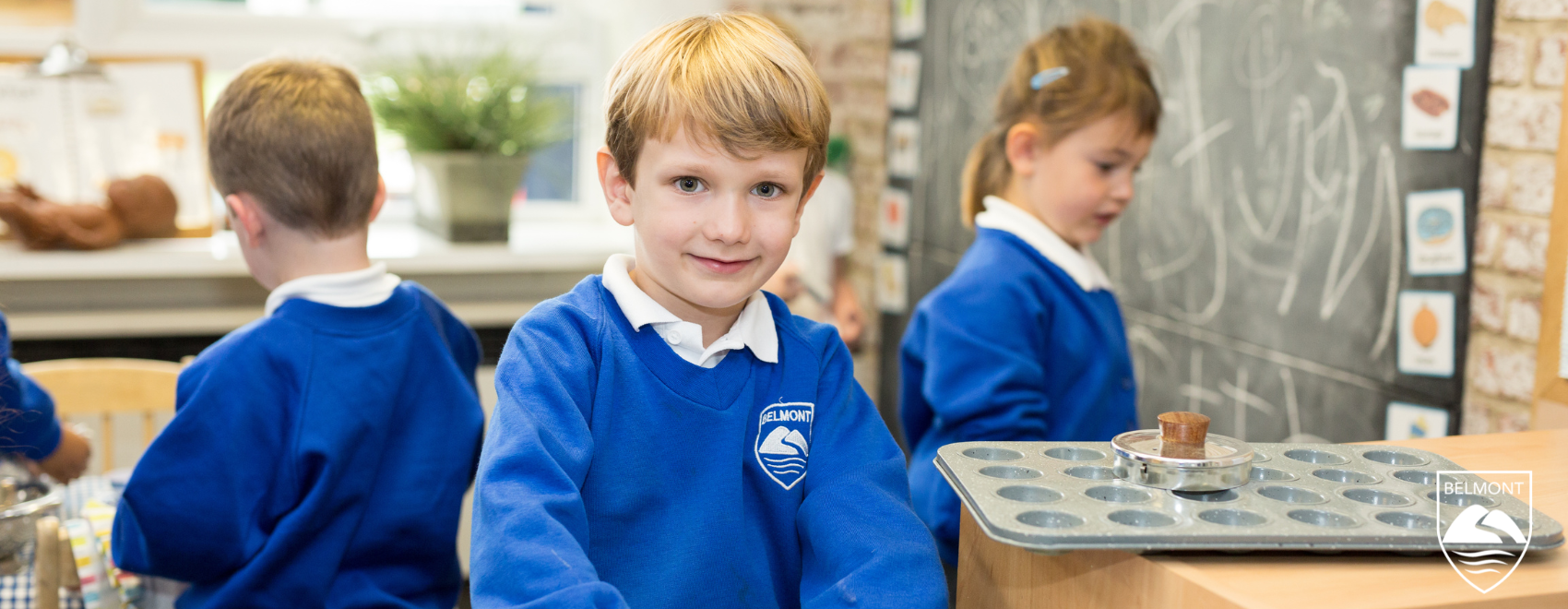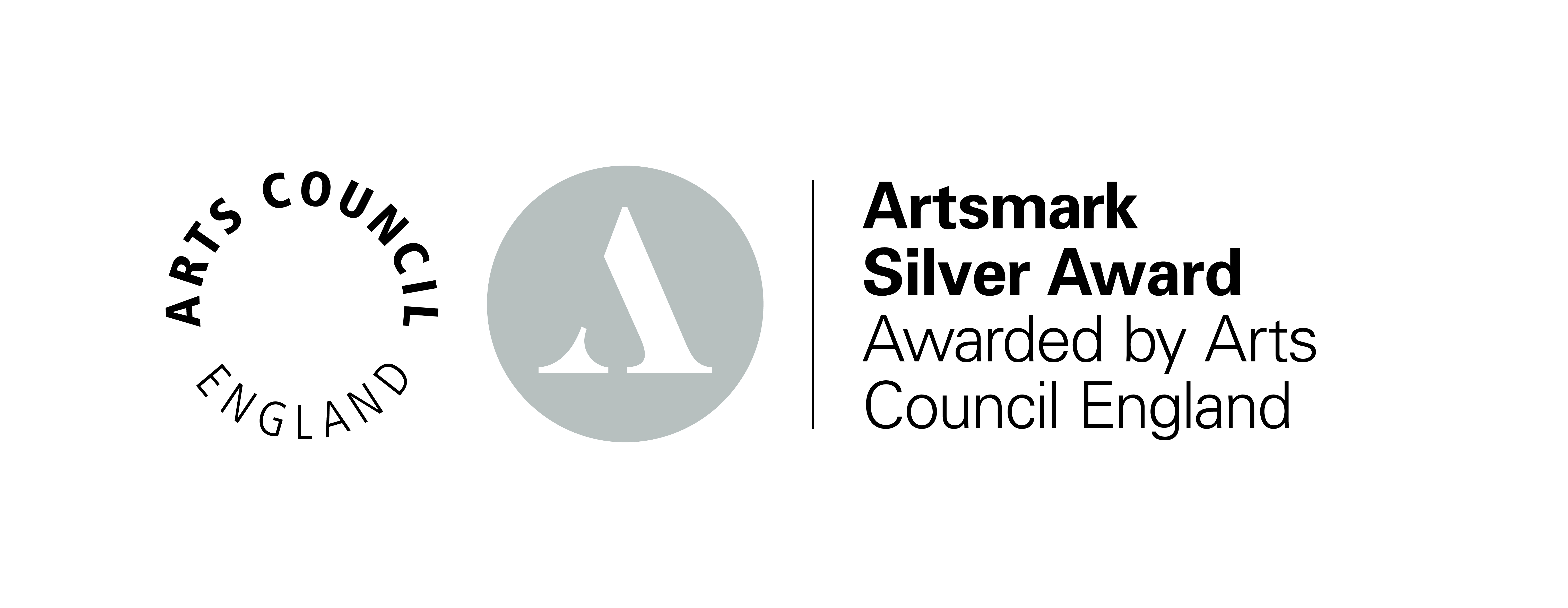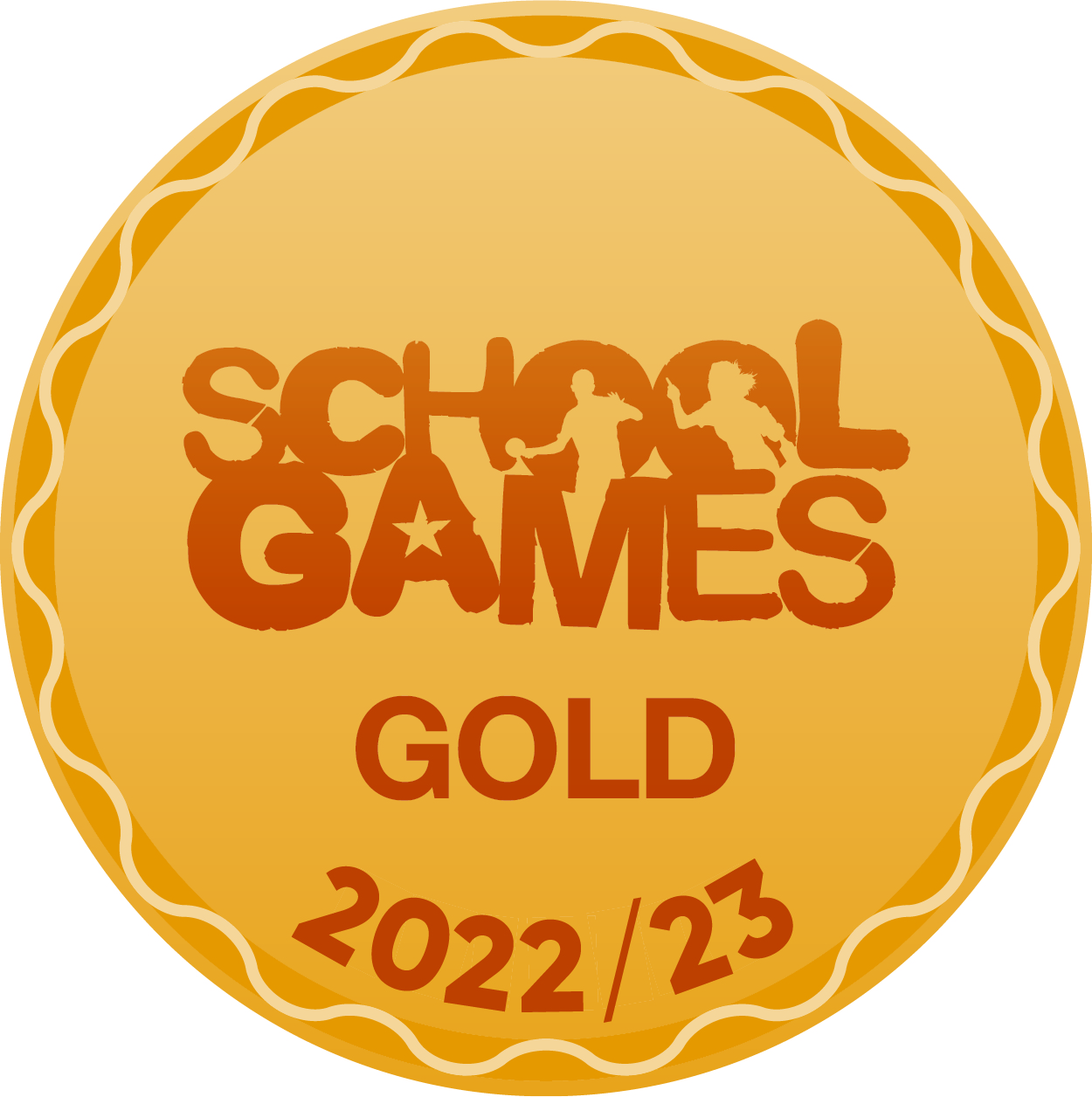Maths at Belmont
Intent
At Belmont, maths begins with a fascination and curiosity of mathematics in the wider world. Our intent is to teach a balanced and progressive curriculum using maths to reason, problem solve and develop fluent conceptual understanding in each area. The maths curriculum across the school shows clear progression in line with age-related expectations. As well as this, teaching curriculum content is structured in blocks, which allows children to explore skills and knowledge in depth and gain a secure understanding of a particular subject. Key knowledge and skills are also revisited regularly allowing repetition to embed learning. To deepen understanding of mathematical concepts, a concrete-pictorial-abstract approach provides children with a clear structure in which they can develop their depth of understanding of mathematical concepts which prepares our students for secondary school and beyond.
Implementation
- In maths, our curriculum is planned for using the White Rose Maths, in line with the National Curriculum and EYFS. Activities are supplemented from a range of resources, including White Rose, NCETM and NRICH.
- In Early Years, maths teaching explores numerical pattern and number. This ensures a deep, embedded understanding of the EY maths curriculum through practical application.
- Content is progressive, building horizontally and vertically.
- Topics are taught in blocks that allow students the opportunity to find greater depth in their understanding.
- The teaching of mathematics is underpinned by the necessary skills and knowledge of number, including place value and the four operations. This is furthered in KS2 with weekly arithmetic sessions, in addition to daily mathematics lessons and in response to potential learning loss due to COVID.
- Times Tables skills are actively taught and practised regularly, with the use of Times Tables Rock Stars - this is celebrated weekly in our achievement assembly and helps to prepare students for the Year 4 MTC.
- Fluency, problem-solving and reasoning are taught to ensure students have the range of appropriate maths skills required for the next stage of their education.
- For students with SEND, who are disadvantaged or who have been assessed as not making expected progress, a thorough range of interventions are planned to ensure students make expected or better progress, in comparison to their individual starting point.
- Assessment takes place in many forms, including review questions, questioning, student workbooks, whole-class work, small group sessions and tests.
- There are opportunities to apply mathematical knowledge and skill to a range of different contexts including real life problem solving and investigations.
Impact
The intended impact of the Maths curriculum is that children will:
- Have knowledge of mathematical terms and vocabulary to be able to develop skills in being articulate and able to reason verbally, pictorially and in written form.
- Use a bank of efficient and accurate strategies that can be used to calculate effectively.
- Independently apply their knowledge to a range of problems and real-life situations.
- Show increasing confidence (relative to their individual starting point) in believing that they will achieve and are keen to attempt a range of problems, demonstrating flexibility and fluidity to move between different contexts and representations of maths.
- Reason with confidence and precision.
- Demonstrate quick recall of facts and procedures. This includes the recollection of the times tables.
- Have the ability to recognise relationships and make connections in mathematics in other subject areas.
- Be supported to develop and refine their maths skills, through appropriately-planned sequences of learning.
- Show a high level of pride in the presentation and understanding of the work.










